Studying Overlapping Territories/Canons/Identities:
Comparative Perspectives on East Central Europe
Student Conference hosted by
the History Department and Pasts, Inc. Center for Historical Study
of the Central European University, Budapest;
supported by the CEU-HESP Comparative History Project
(25-26 May 2010, Budapest)
After 1989 there has been a sweeping wave of Europeanization, regionalization and supra-national integration involving thecountries in Central and Eastern Europe. This, however, did not lead to the obliteration of conflicting historical myths, prejudices, and negative stereotypes, which survived and in many cases, paradoxically, became reinforced after most of these countries entered the Euro-Atlantic integration structures. It is obvious that much more institutional and intellectual investment is needed to challenge these perceptions and develop more integrative collective identity discourses
Comparative and trans-national history is one of the most promising venues of building alternative narratives of the past. The last 20 years brought a veritable boom of such scholarly ventures in Western Europe, and many promising endeavours were started also in East Central and Southeastern Europe, from joint textbook projects, through writing the history of multiethnic regions to even more ambitious projects of ‘historical reconciliation.”
The Central European University in general, and its History Department and its affiliated research centre, Pasts, Inc,. in particular, have been at the forefront of such ventures. The Department’s curriculum is comparative, while the Center has initiated a number of major projects (such as the CEU-HESP Comparative History Project or the project on Hungarian-Romanian entangled histories) which sought to break out of the conventional framework of nation-centered historiography. Likewise, the Futures Continuous Project, organized by CEU students and faculty, brought together Hungarian and Romanian graduate students in an exchange program.
The aim of the student workshop hosted by CEU is to bring together students from the region interested in comparative and transnational historical research. Historical studies in this context are understood in a broader sense, also including boarder disciplines as historical sociology, historical anthropology, political thought, etc. The intention of the organizers is to facilitate a transnational dialogue among the participants and also to form a broader network of students interested in these themes and willing to be involved in further cooperation.
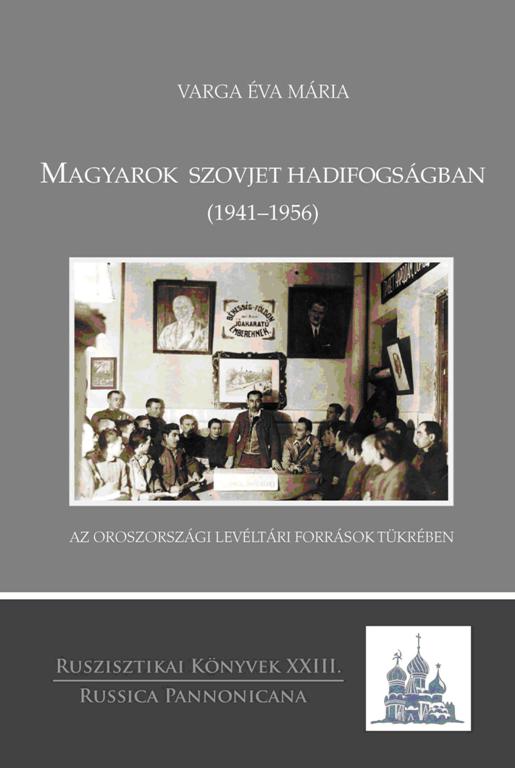
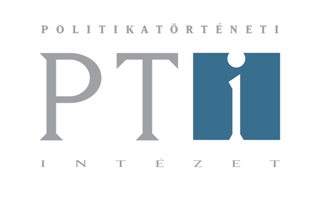


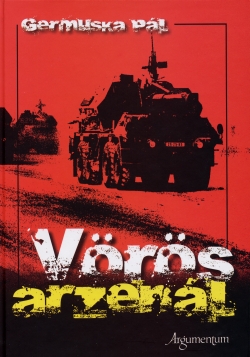
 Elsősorban költő volt Zbigniew Herbert, vagy esszéíró? Már maga a kérdés is blaszfémikus, hisz a XX. századi lengyel líra óriásáról van szó, akinek elfogadottsága és ismertsége, még nemzedékének legkiválóbbjaihoz mérve is, nem mindennapi” – írja Pályi András az utószóban a jelen kötet kapcsán, amely a hetvenes években nálunk is értelmiségi bestsellerként forgatott
Elsősorban költő volt Zbigniew Herbert, vagy esszéíró? Már maga a kérdés is blaszfémikus, hisz a XX. századi lengyel líra óriásáról van szó, akinek elfogadottsága és ismertsége, még nemzedékének legkiválóbbjaihoz mérve is, nem mindennapi” – írja Pályi András az utószóban a jelen kötet kapcsán, amely a hetvenes években nálunk is értelmiségi bestsellerként forgatott 
.jpg)
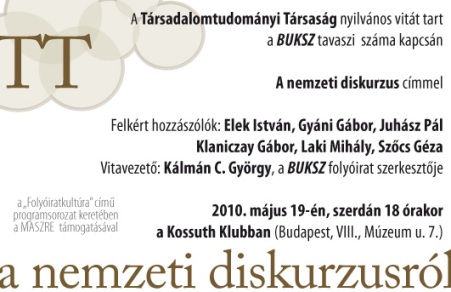
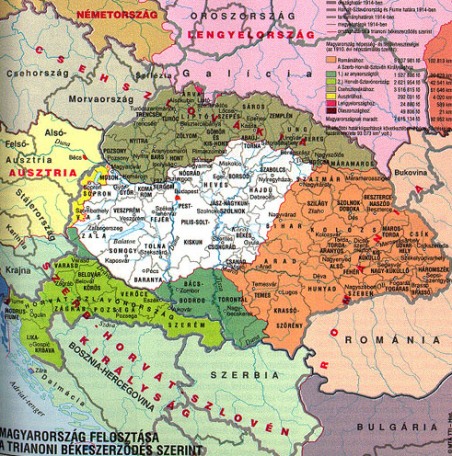
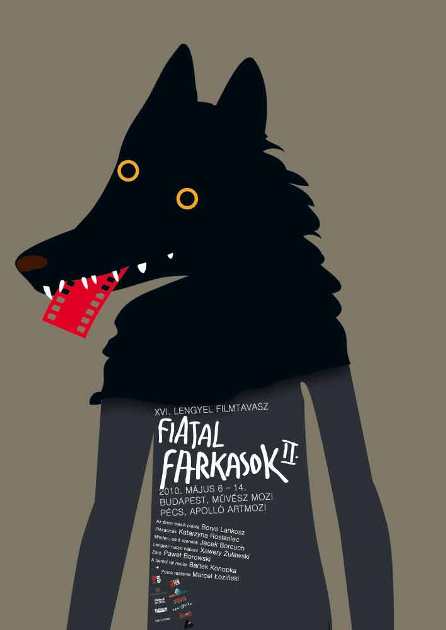
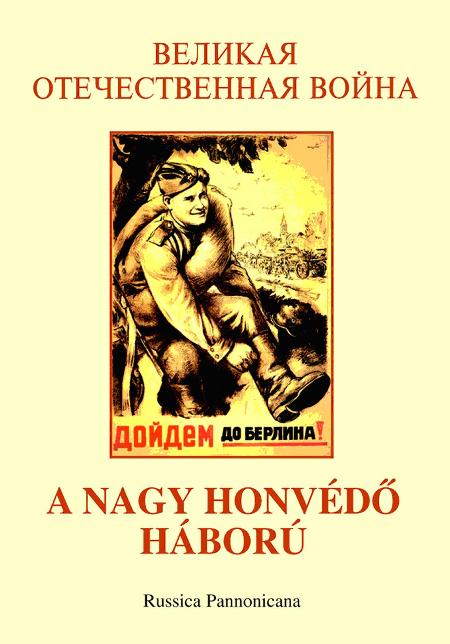
Hozzászólások